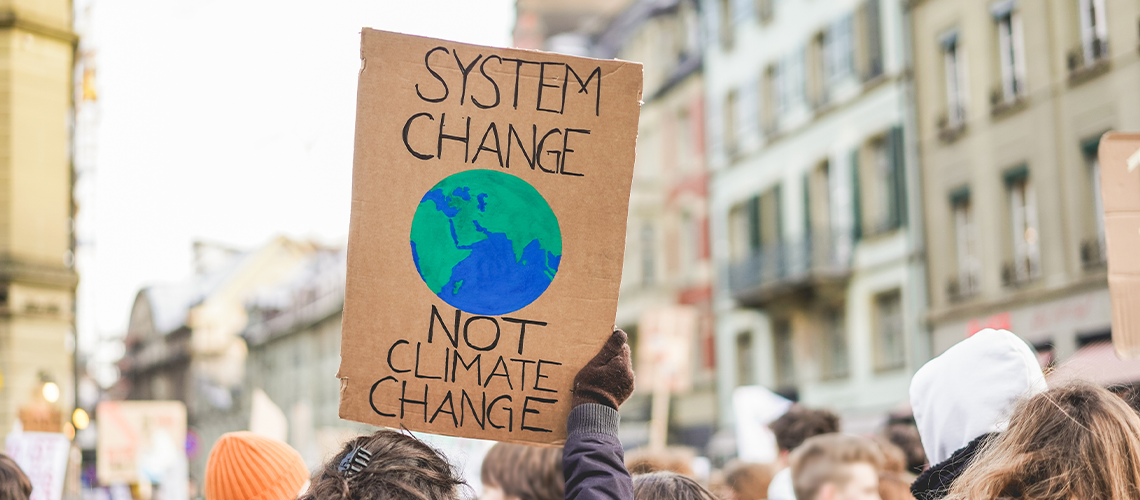 Citizens fighting for climate change
Citizens fighting for climate change
The ruling by an administrative court in Paris on February 3rd made global headlines by holding the French government responsible for failing to meet its greenhouse gas emission reduction targets thereby causing environmental damage. The case is only the latest example in a growing number of climate change cases before courts around the world. Civil society organizations, advocacy groups and private citizens increasingly use courts to hold governments accountable for their climate inaction. UNEP’s recently published Global Climate Litigation Report shows that within four years (from 2017-2020), the number of cases brought to court has nearly doubled, reaching 1550 cases filed in 38 different countries by July 2020.
Increasingly, courts find in favor of the litigants and demand more effective climate action from the executive. According to a report by the Grantham Research Institute, between 1994 and 2020, 58 percent of climate change litigation cases decided outside of the US had outcomes favorable to climate action. Prominent cases include the 2019 ruling of the Dutch Supreme Court, which found existing emission reduction pledges insufficient and ordered the Dutch government to reduce greenhouse gas emissions by 25 percent below 1990 levels by 2020. In July 2020, the Supreme Court of Ireland ruled that the government’s national mitigation plan fell short of defining the required specific action to meet the targets contained in the Climate Action and Low Carbon Development Act of 2015, and ordered the development of a more ambitious plan.
But climate change litigation is not limited to high-emitting developed countries. A growing number of cases is filed and decided in developing countries and emerging economies. Future Generations in Colombia sued government agencies over their failure to reduce deforestation and address climate change. The Supreme Court recognized the substantial linkage between fundamental rights and the environment and ordered to government to formulate and implement deforestation action plans.
An advocate petitioned the Supreme Court of Nepal to compel the government to pass a new climate change law. The court directed the government to enact new climate legislation to comply with Paris Agreement commitments and the constitution. In Pakistan, a farmer sued the national government for failing to implement the national climate change policy. The court found that “the delay and lethargy of the State in implementing [climate action] offend the fundamental rights of the citizens” and ordered the creation of the Climate Change Commission to monitor the government’s progress.
According to a recent reference guide from the World Bank, climate change framework legislation can provide a strong legal basis for litigation. Climate change litigation allows the public to hold the government to account and to demand more ambitious climate targets or more decisive action. Accountability matters: policies that are subject to public scrutiny are more likely to be designed and implemented in the best interest of current and future generations. This is especially important in the context of climate change, which requires a long-term commitment from stakeholders and where inaction could have devastating consequences.


Join the Conversation